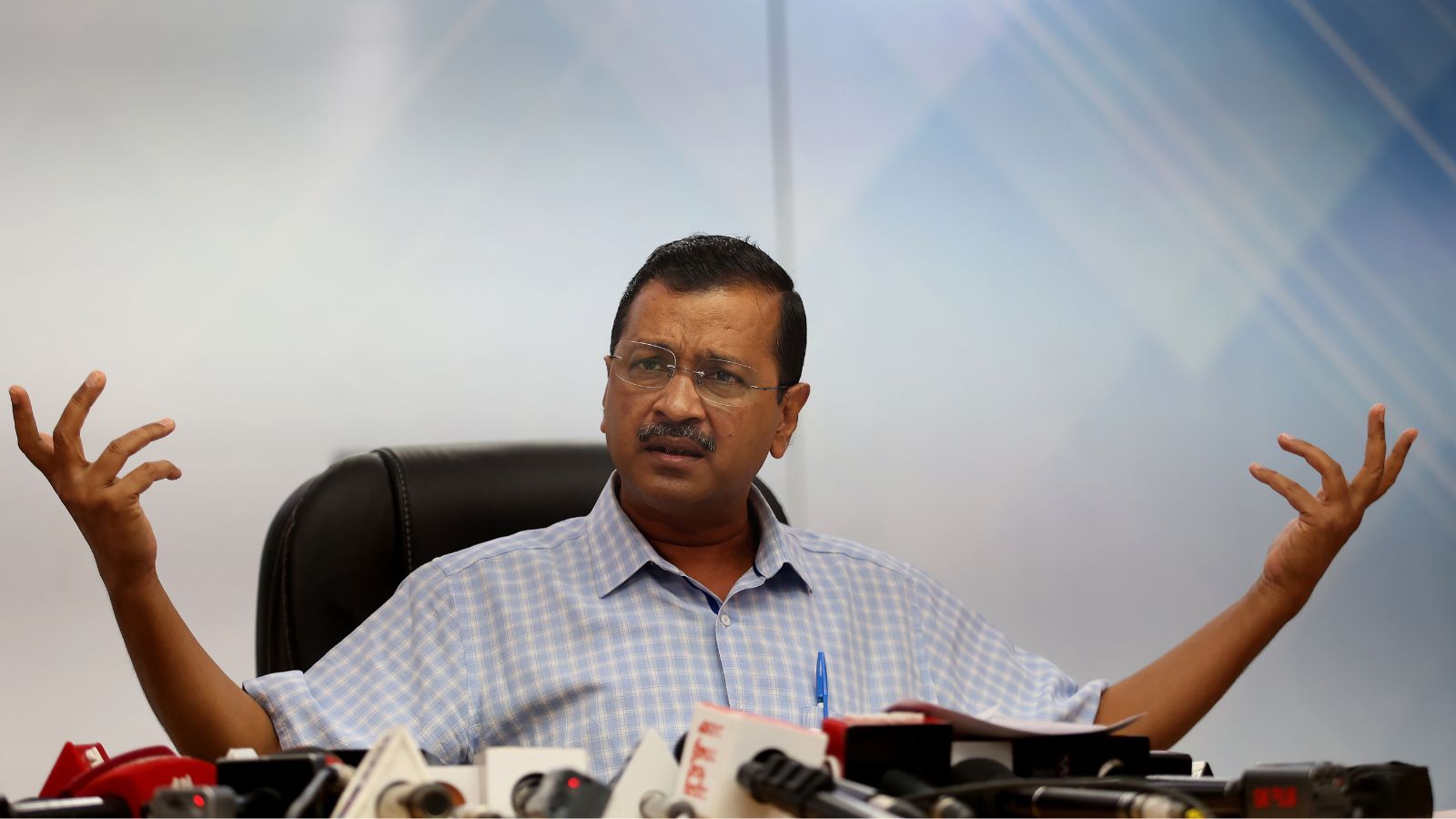
This is the third face-off between the German Foreign Ministry and the MEA in the last three years over the judicial actions of Indian opposition leaders and civil society.
German deputy envoy Georg Enzweiler was summoned by MEA officials and told that the German Foreign Ministry’s remarks on Kejriwal’s arrest were an interference in India’s judicial process and any “biased assumptions” were “most unwarranted”, an official said.
In Berlin, when asked about the arrest at a press conference Friday, Sebastian Fischer, spokesperson for Germany’s foreign office said: “We assume and expect that the standards relating to independence of judiciary and basic democratic principles will also be applied in this case.”
He had added that like anyone else facing accusations, Kejriwal is entitled to a fair and impartial trial.
On Saturday, MEA official spokesperson Randhir Jaiswal said, “The German deputy chief of mission in New Delhi was summoned today and conveyed India’s strong protest on their Foreign Office spokesperson’s comments on our internal affairs…We see such remarks as interfering in our judicial process and undermining the independence of our judiciary.”
“India is a vibrant and robust democracy with the rule of law. As in all legal cases in the country, and elsewhere in the democratic world, law will take its own course in the instant matter. Biased assumptions made on this account are most unwarranted,” the MEA spokesperson said.
Story continues below this ad
Incidentally, the German Foreign ministry had also spoken out on the disqualification of Rahul Gandhi in March 2023 and the arrest of Indian fact-checker Mohammed Zubair in July 2022. Both those times, the MEA had responded. In Rahul Gandhi’s case, it had said that it was not looking for any validation and in Zubair’s case, it said that it is an internal matter and “uninformed comments are unhelpful and should be avoided”.
In March 2023, the German Foreign ministry spokesperson, again in response to a question, had taken note of Rahul Gandhi’s disqualification.
Germany’s foreign ministry spokesperson had said during a press briefing in March last year, “We have taken note of the verdict of first instance against the Indian opposition politician, Rahul Gandhi, as well as the suspension of his parliamentary mandate. To our knowledge, Mr Gandhi is in a position to appeal the verdict.”
The spokesperson had then added that Germany expects that “standards of judicial independence and fundamental democratic principles” will apply.
Story continues below this ad
Responding to Germany’s remarks, MEA spokesperson Arindam Bagchi had then said: “We see comments from time to time by foreign governments on India. Germany is a recent example…Not sure what they seem to achieve by such comments. India is not waiting for their views or validation, nor do such comments matter to the functioning of the Indian systems and institutions.”
In July 2022, the German foreign ministry spokesperson, while answering questions from mediapersons, had said: “Free reporting is beneficial to any society and restrictions are a cause for concern. Journalists should not be persecuted and imprisoned for what they say and write. We are indeed aware of this specific case and our embassy in New Delhi is monitoring it very closely.”
“India describes itself as the world’s largest democracy. So one can expect democratic values like freedom of expression and freedom of the press to be given the necessary space there,” the German Foreign Ministry spokesperson had said.
Responding to this criticism over AltNews co-founder Mohammed Zubair‘s arrest, India had said that “uninformed” remarks are “unhelpful” and “should be avoided”.









